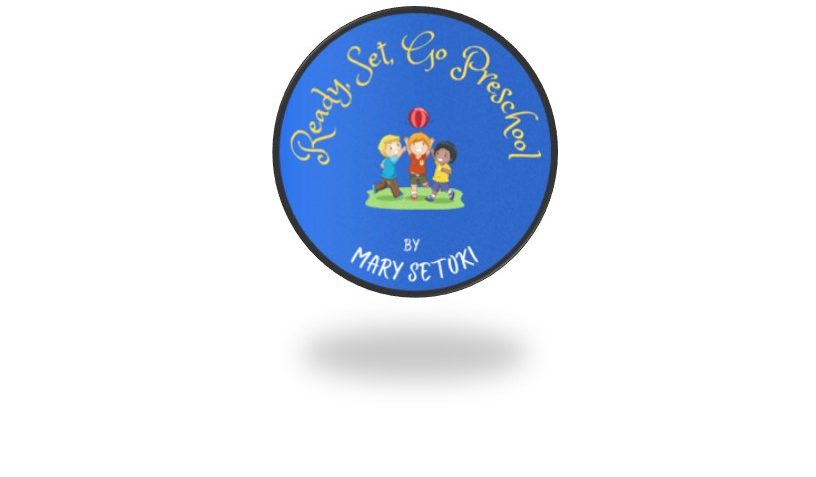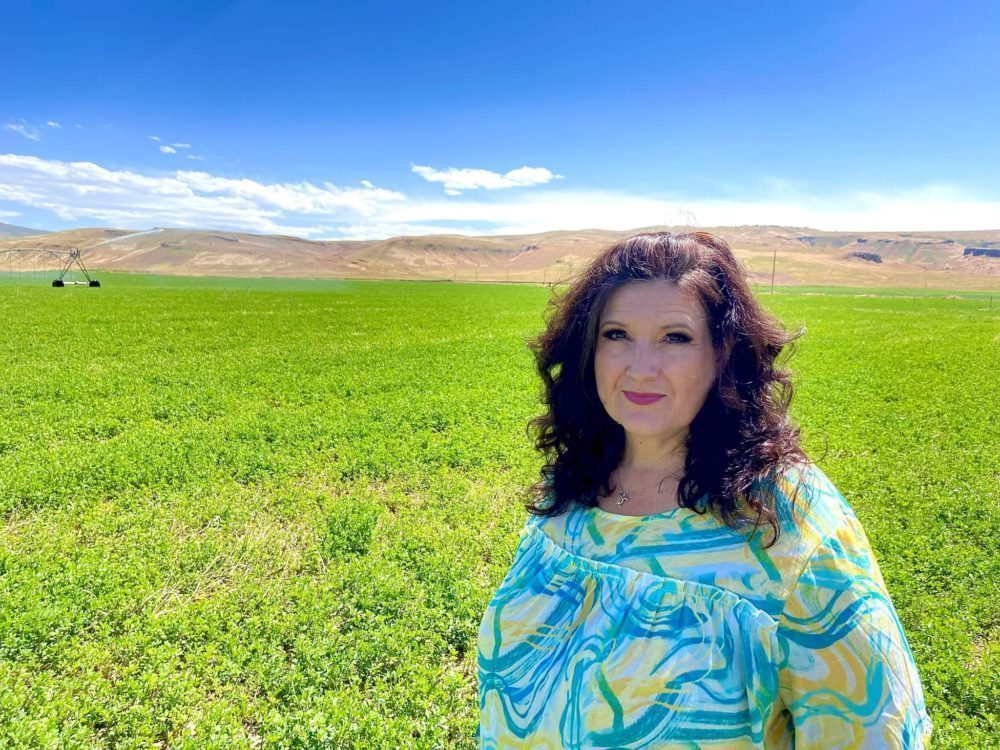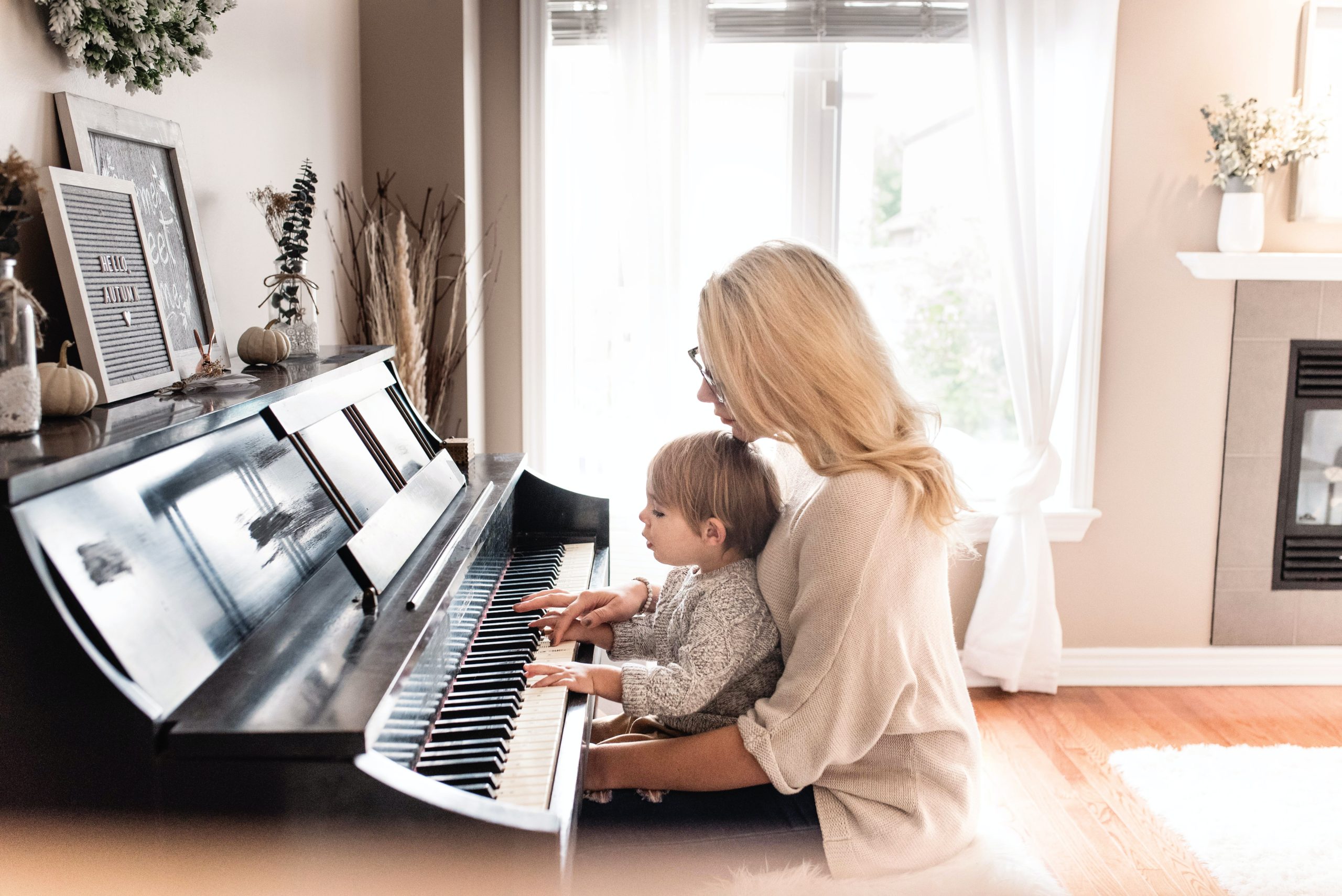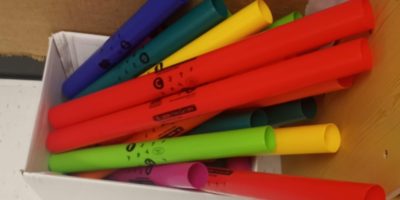Music as education has been important for decades, but recent studies have shown that it is especially beneficial for early childhood development. Music in education can help promote physical and emotional development, build language skills and cognitive abilities, and foster creativity and self-expression. Lets talk about the benefits of music across the curriculum as well as the strategies for teaching with music throughout the day.
The Benefits Of Music In Early Childhood Education
When it comes to music in early childhood education, there are many benefits for young children. Music can not only be a fun and engaging activity, but it can play an important role in a child’s development. Here are just a few of the ways that introducing music into the classroom can benefit young learners:
Develops Gross and Fine Motor Coordination:
Music helps young children develop gross and fine motor coordination. Through playing musical instruments, children can learn how to move their bodies and use their hands to effectively make sounds. Being able to effectively coordinate these movements can help children to explore a wide range of activities, like drawing, writing, and even sports.
Enhances Cognitive Skills:
Music also enhances a child’s cognitive skills. By encouraging children to listen, identify rhythms, and note patterns, music can help improve problem solving and critical thinking skills.
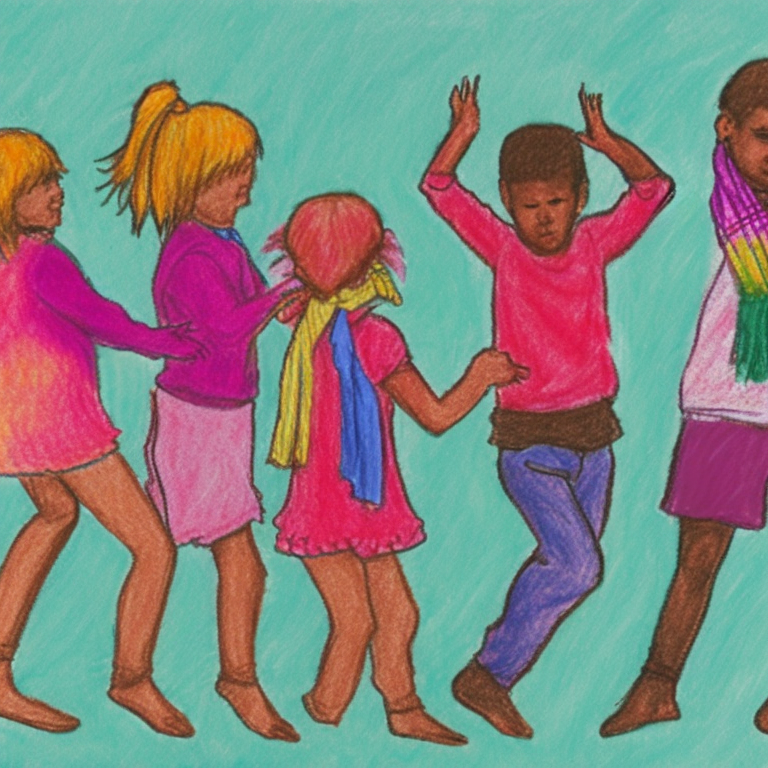
Helps With Language and Literacy:
Music in early childhood education supports language and literacy development. Through music, children can learn new words and sounds, and practice vocabulary and spelling. Music supports phonological and phonemic awareness, which is essential for reading and writing development.
Supports Self-Expression:
Music can also be a powerful tool for teaching young children how to express themselves and their emotions. Through musical activities, children can explore their feelings, tell stories, and share their thoughts and ideas.
Encourages Collaboration:
Finally, introducing music into the classroom can help children learn how to work together as a team and cooperate with one another. Through musical activities, children can practice listening to one another and working together to achieve a common goal.
How To Incorporate Music as Education Into Learning
When it comes to incorporating music into learning for early childhood development, there are a variety of ways to go about it. Music is a powerful tool when used to engage and motivate young learners, and to encourage development throughout all areas of learning. Here are a few ways to incorporate music into your teaching and learning environment:
Start Early
Introducing children to music from a young age can be extremely beneficial. Research has shown that exposing children to music can have a positive effect on their language and communication, creativity and problem-solving skills, mathematics, and social-emotional development. So start early, and give your child the opportunity to explore music and its use as a learning tool.
Make It Interactive
Incorporating music into your lessons can be a great way to keep kids engaged and motivated. Incorporate songs and music into different activities, whether it’s singing a song to learn new vocabulary, or making music to reinforce math skills. Interactive activities like these can help keep children’s attention and lend itself to better understanding of the materials.
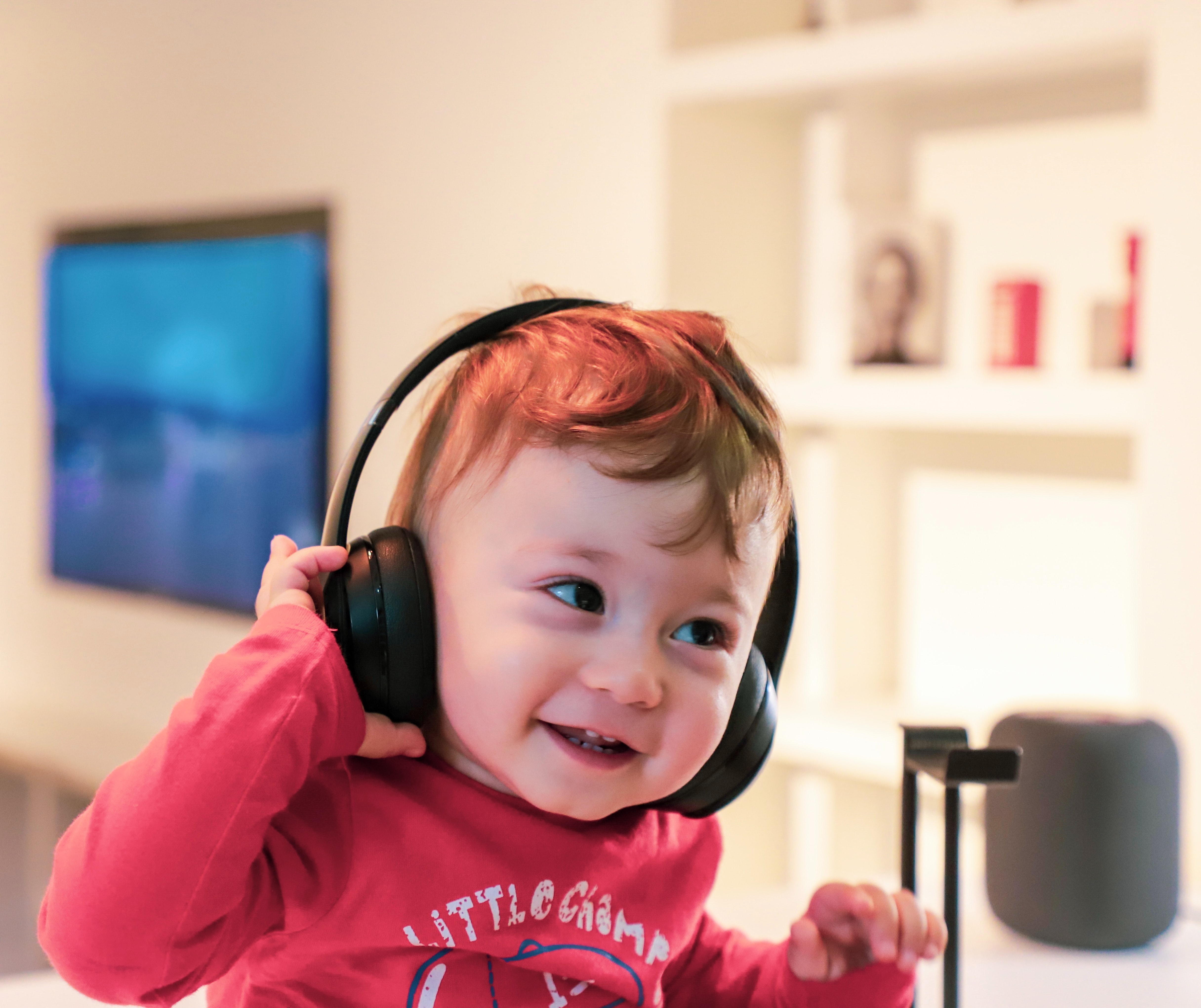
Use Technology
Technology can be a great way to help incorporate music into learning. There are a variety of music-based apps and online learning programs that are helpful for your students. From music-based math games to interactive music theory lessons, there are a wide variety of apps and programs that can help you engage your students with music.
Change It Up
Using the same piece of music for the same activity can become boring for the children, and can limit their learning. Try using different songs and styles of music to keep their interest. This can also add diversity
The Impact Of Music as Education On Development
Music has long been known to have a powerful and lasting impact on early childhood development. Research has shown that musical experiences during childhood can affect physical and mental development, social skills, and even academic performance.
Physical Development
Music is known to affect the physical development of children. Studies have found that musical experiences during the early years of life can help children increase their motor coordination and physical dexterity. In addition, musical activities are known to stimulate both gross and fine motor skill development. Moreover, movement activities based on musical rhythms can increase balance and coordination.
Mental Development
Music is also essential in developing a child’s mental capabilities. Studies have shown that music can help children to think more effectively and improve their cognitive skills. Listening to music can stimulate the brain to process information faster and improve concentration. Musical activities may also help children in developing their problem-solving skills as well as their ability to understand abstract concepts.
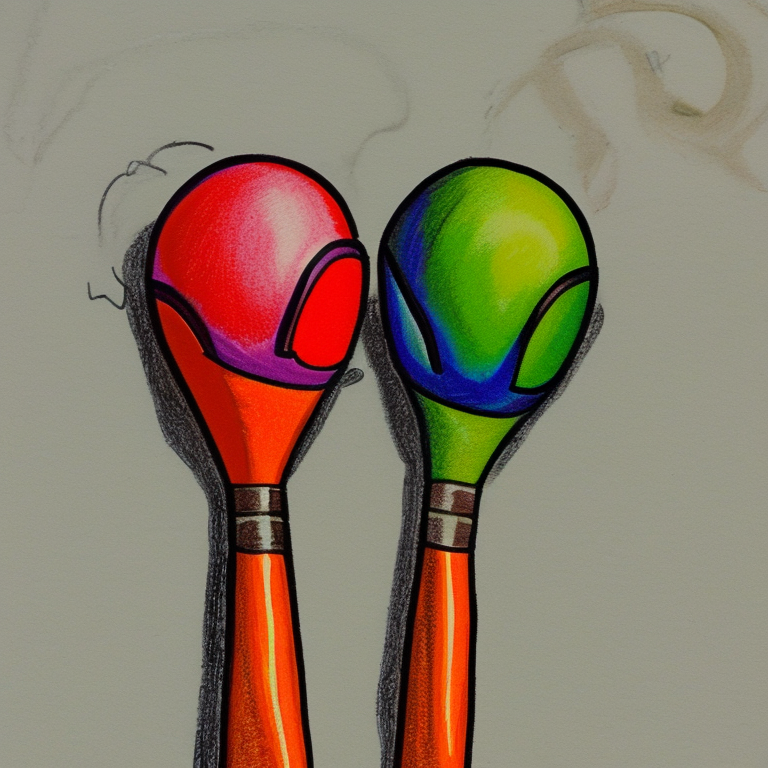
Social Skills
Music can also help children to develop their social skills. Musical activities such as playing instruments, singing and dancing can help children to learn how to work cooperatively, to develop their sense of empathy for others and to foster interpersonal relationships. Music activities can also create a feeling of inclusion, allowing children to feel part of a larger community where everyone’s contribution is valued.
Academic Performance
Finally, music is known to be beneficial to a child’s academic performance. Musical activities can help children to improve their focus, their ability to comprehend and process new information, and to increase their memory and recall capabilities. Research has also found that students who engage in musical activities have better reading and math scores than those who do not participate in such activities.
Strategies For Making Music Accessible To Young Children
Music can be an incredibly powerful contributor to the learning experiences of young children. However, it can be difficult to incorporate music into the curriculum in meaningful ways. Fortunately, there are a few key strategies that educators can use to make music more accessible to young learners.
The first strategy is to create a welcoming and supportive environment for all types of music. We should avoid any kind of judgment of particular musical styles and encourage children to explore different types of music. Additionally, we should make sure that our students have access to a wide variety of instruments and equipment.
Second, educators should provide clear instruction and guidance when introducing music. This can include introducing various concepts (such as tempo, dynamics, and melody) and demonstrating how to use them. Educators should also provide opportunities for practice and feedback to help students become more comfortable with the concepts and better able to internalize them.
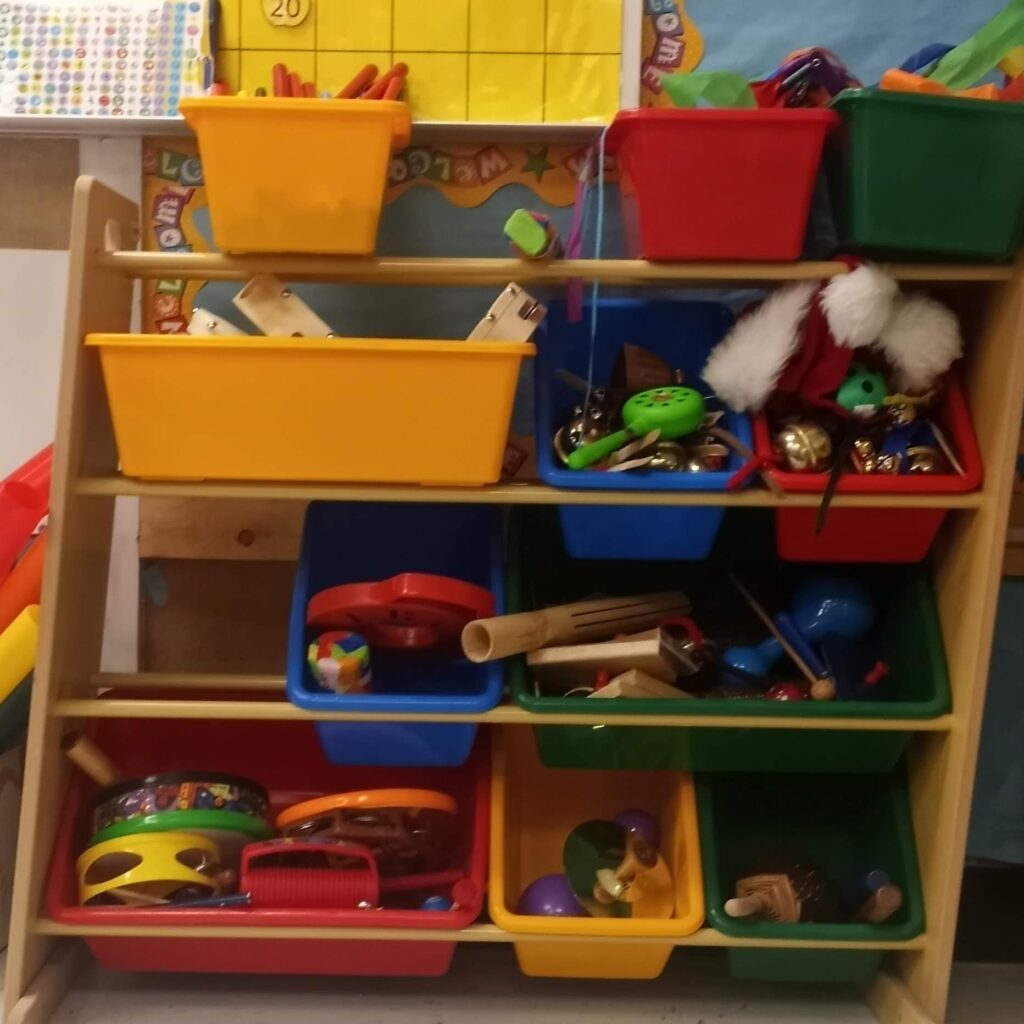
Third, as educators we should build on the natural curiosity of children by introducing music that is rooted in culture. This can mean introducing traditional songs, cultural instruments, and stories that tie into the music. Additionally, music from different cultures allows children to learn more about other cultures and understand the importance of cultural diversity.
Finally, educators should be sure to allow children the opportunity to create their own music. Allowing them to make up lyrics, compose their own melodies, experiment with different instruments, and record their own songs can be incredibly beneficial. This type of creative expression allows children to explore their own musical potential and gain a greater appreciation for music.
By implementing these strategies, educators can make music a more accessible and meaningful part of the learning experience for all children.
